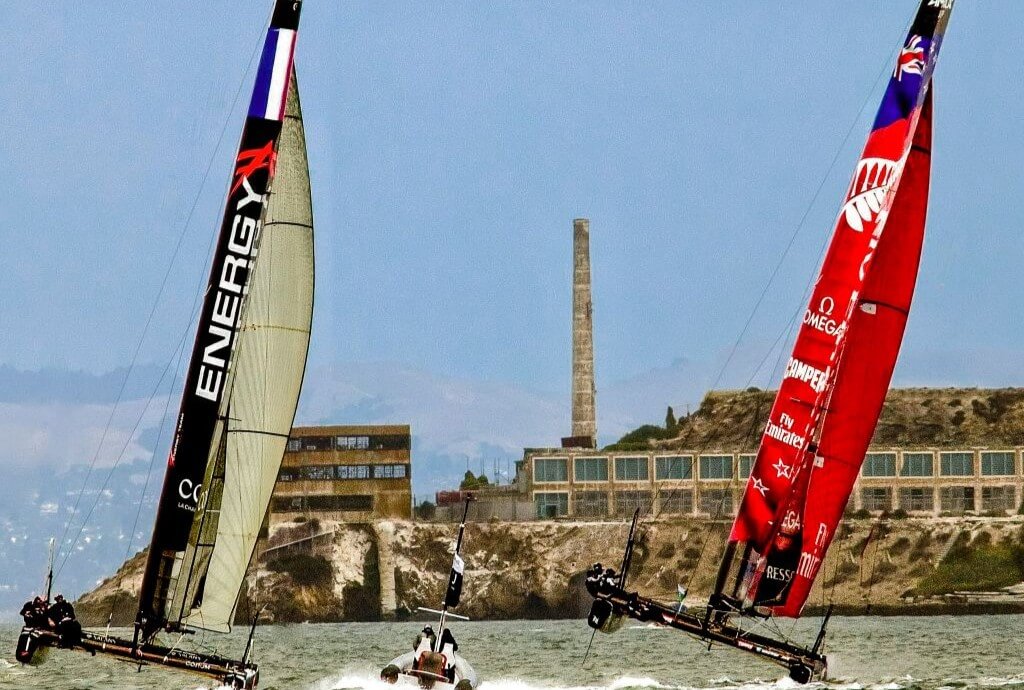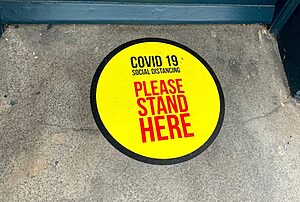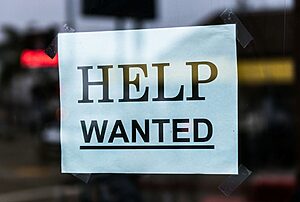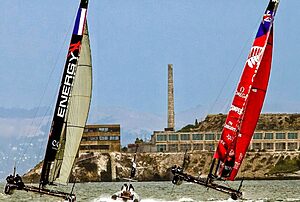In brief
- Recent extreme weather events have prompted discussions on how to pay for the recovery.
- Left leaning parties favour taxation. Right leaning parties favour borrowing and reducing other spending.
- What are the pros and cons of the different approaches?
Difficult choices ahead
The clean up will cost billions. There’s already concerns that the Government’s coffers are running low as a result of the COVID spending hangover.
Broadly speaking, the Government has three options to raise the needed funds to rebuild. Borrow, tax, or cut spending.
The Government hasn’t committed to any plans yet, but Prime Minister Chris Hipkins said a task force would be set up that’s modelled after the Australian Queensland floods in 2011.

Borrowing
Borrowing money means future generations will be on the hook for the repayment.
More right leaning parties like National and ACT are in favour of borrowing money if it means avoiding new taxes. In fact, National has promised tax cuts to alleviate the cost of living crisis.
However, Bank Governor Adrian Orr has warned that borrowing billions of dollars to pay for repairs may be inflationary as more money is injected into the economy. That would encourage the Reserve Bank to push interest rates higher.
Tax
Any new type of tax would potentially take years to craft and implement. Alternatively, the Government could increase GST, but that disproportionately affects poorer consumers. A fuel tax would be politically unpopular. The Green Party favours windfall taxes on companies that, according to co-leader James Shaw, “haven’t done anything additional to earn those profits”.
Raising income taxes would be one of the few options available to the Government given the circumstances, according to Jonathan Barrett, Associate Professor in Commercial Law and Taxation.
In an article in The Conversation, Barrett favours the aforementioned Australian solution of a temporary levy on income taxes to partially cover infrastructure repairs. At that time, those making between A$50,000 and A$100,000 paid an additional 0.5% and those making more than A$100,000 paid an additional 1%.
Cut spending
The Reserve Bank Governor Adrian Orr, ACT’s David Seymour and National’s Chris Luxon all favour an approach that calls for the Government to “reprioritise” (aka cut) spending to find money.
The Opposition has called on the Government to dump expensive projects like Auckland Light Rail, while the Government responded that scrapping the TVNZ/RNZ merger is proof they’re being fiscally responsible.
Parties will pitch voters on their preferred approach.



















